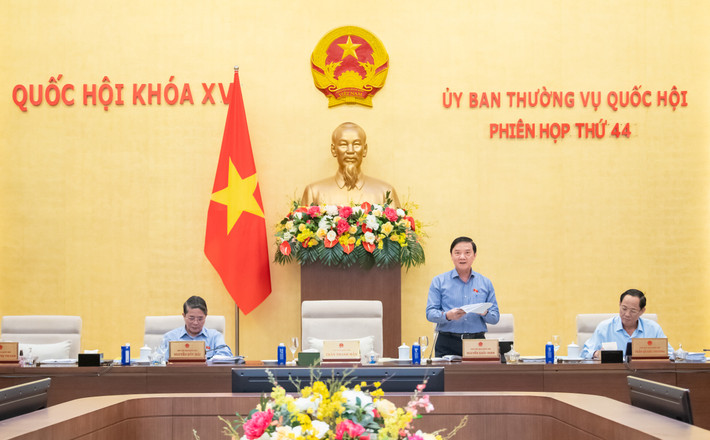
Assessing the impact of some new policies on the state budget
Presenting the Government's Proposal, Minister of Home Affairs Pham Thi Thanh Tra said that the draft amended Law consists of 7 Chapters and 52 Articles (35 Articles less than the current Law).
Regarding the connection between communal-level cadres and civil servants with provincial-level cadres and civil servants, and the unification of a civil service regime from the central to communal levels, the Minister said that the draft Law completes regulations to implement the policy of building a unified, interconnected, and synchronous civil service from the central to communal levels; provides transitional regulations so that communal-level cadres and civil servants elected or recruited before the effective date of this Law, if meeting sufficient standards and conditions, will be converted into cadres and civil servants according to the provisions of this Law.
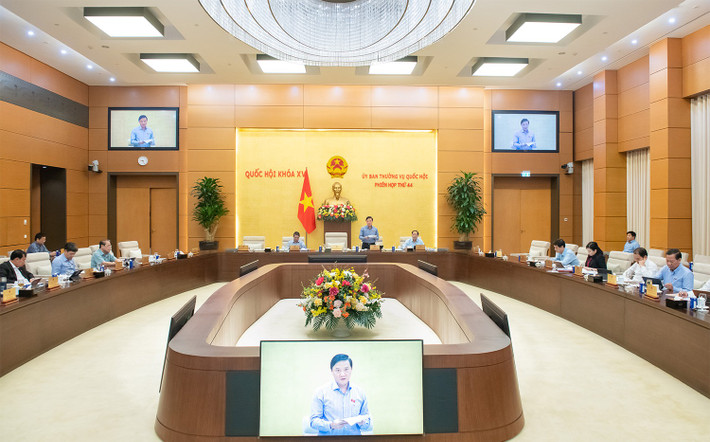
View of the meeting. Photo: Ho Long
Regarding the mechanism for managing and using cadres and civil servants in a transparent and effective manner, in line with the requirements of administrative reform, according to Minister Pham Thi Thanh Tra, the draft Law converts the method of managing cadres and civil servants according to job positions. Accordingly, it clearly stipulates that the assessment, arrangement, and use of cadres and civil servants must be based on the requirements of the job position and the capacity, results, and effectiveness of performing the tasks of cadres and civil servants; the regulation on rank promotion exams is removed, and instead, there is a mechanism for appointment to the rank corresponding to the requirements of the assigned job position based on capacity and results of performing the tasks.
Innovate the recruitment of civil servants in the direction that the selected person must immediately meet the requirements of the job position, and after being selected, be appointed, and have a salary in the civil service category corresponding to the selected job position and not have to undergo a probationary period. Eliminate the regulation on unified quality assessment of civil servant input at the national level to implement the policy of promoting decentralization and delegation of authority in civil servant management.
At the same time, improve the effectiveness of evaluating, using and screening cadres and civil servants, in which it is stipulated that the evaluation of cadres and civil servants must be based on the results of performing tasks and specific work products according to the requirements of the job position being held, instead of based on general, formal or emotional criteria; clearly stipulate the responsibility of the head in managing, evaluating and using civil servants according to their capacity and job position.
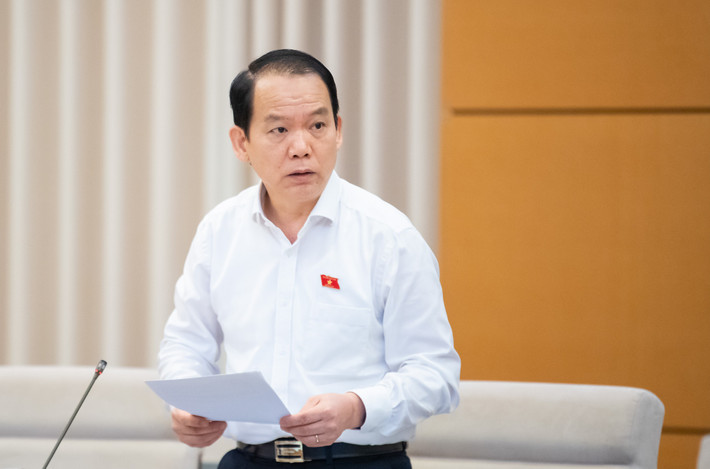
“The above-mentioned amendments and supplements create a synchronous legal corridor, modernizing the management of civil servants in a dynamic, transparent and effective manner. Ensuring the principle of using the right person for the right job, maximizing the capacity of cadres and civil servants, while screening out cases that do not meet the requirements of the task, contributing to building a team of cadres and civil servants who are professional, responsible, and ethical in public service, serving well the cause of socio-economic development and the needs of people and businesses,” the Minister emphasized.
Presenting the Report on the review of the draft Law, Chairman of the Law and Justice Committee Hoang Thanh Tung said that the Committee agreed to comprehensively amend the Law on Cadres and Civil Servants for the reasons stated in the Government's Submission; agreed with the scope of regulation and subjects of application of the draft Law.
The provisions of the draft Law closely follow the Party's policy on streamlining the apparatus and organization of two-level local governments, connecting personnel work, unifying a civil service regime from the central to communal levels; streamlining and merging the Vietnam Fatherland Front, socio-political organizations, and mass organizations assigned tasks by the Party and State.
The Law and Justice Committee also approved the amendment of regulations to connect cadres and civil servants at the commune level with the provincial level, unify a civil service regime from the central to the commune level and recognized that the connection at present is mature enough and is an urgent requirement to serve the arrangement and streamlining of the apparatus organization, and implementation of the 2-level local government model.
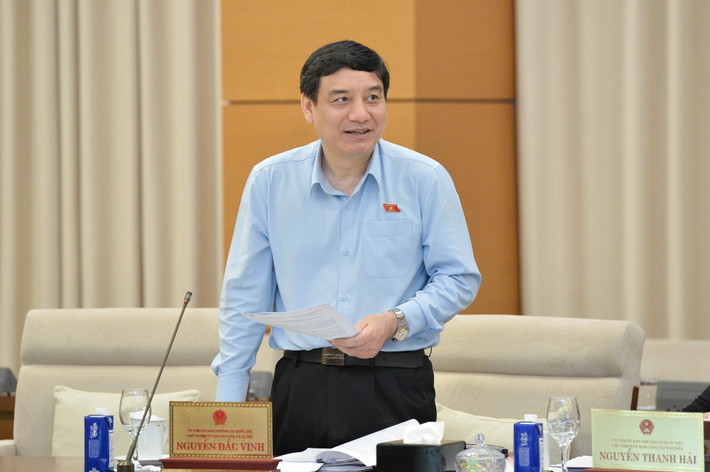
Chairman of the Committee for Culture and Society Nguyen Dac Vinh speaks. Photo: Ho Long
The Chairman of the Law and Justice Committee said that the Committee basically agrees with continuing to maintain the principle of managing cadres and civil servants as " a combination of title standards, job positions and staffing quotas ", at the same time perfecting regulations on job positions and civil servant ranks as a basis for continuing to innovate the work of managing cadres and civil servants; amending regulations on civil servant assessment to have a screening mechanism, overcoming the "lifetime staffing" regime.
The Committee on Law and Justice also found that the provisions of the draft Law on the assessment of cadres and civil servants basically inherit the provisions of the current Law, and do not have a breakthrough solution to overcome one of the common limitations in the assessment of cadres and civil servants in the past, which is formality, sentimentality, lack of substance, and a mentality of respect and harmony leading to the assessment and classification of civil servants not reflecting the true nature. Therefore, it is recommended to study and supplement the provisions on the assessment of cadres and civil servants to overcome this limitation.
Ensuring stability of staff and civil servants
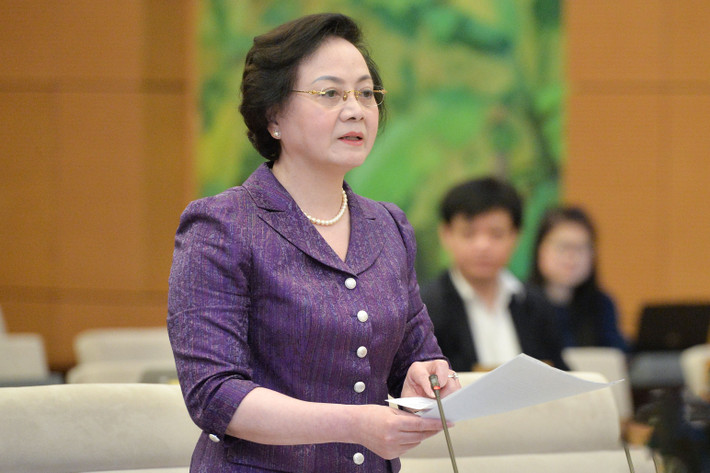
Minister of Home Affairs Pham Thi Thanh Tra presented the Government's Proposal.
Speaking at the meeting, Permanent Deputy Chairman of the Economic and Financial Committee Le Quang Manh noted that the draft Law supplements many new policies on the management and use of cadres and civil servants, including many policies that require the use of the state budget such as: salary reform according to job position, promoting talents, incentives for civil servants working in particularly difficult areas, funding to resolve the regime for commune-level civil servants after rearrangement...
In order for these policies to be put into practice, the Standing Deputy Chairman of the Economic and Financial Committee suggested that the drafting agency should have a specific assessment of the impact of implementing the above policies on the annual state budget, for a period of 5 years, to avoid creating a passive budget in the context that from 2026 - 2030, it is necessary to arrange for many large expenditures, in many different fields.
Permanent Deputy Chairman of the Economic and Financial Committee Le Quang Manh also noted that, in Clause 1, Article 11 stipulates that cadres and civil servants "are entitled to receive salaries, bonuses and other incomes according to the results, products and work efficiency of the job position held, in accordance with the socio-economic conditions of the country".
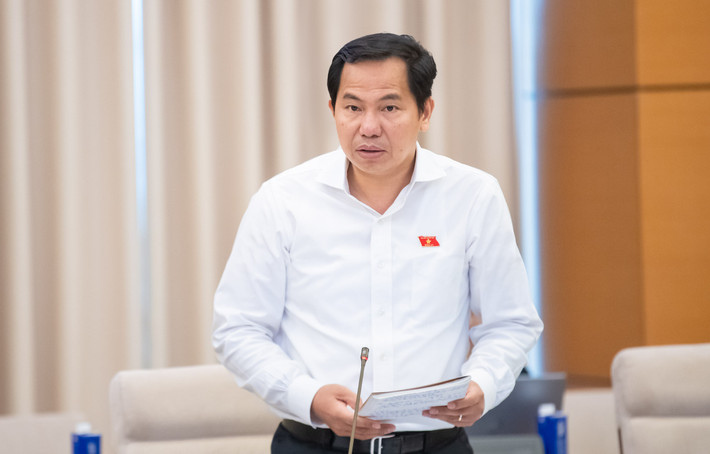
However, Article 43 of the draft Law stipulates that salary reduction is a form of discipline for civil servants who do not hold leadership or management positions. The Standing Deputy Chairman of the Economic and Financial Committee suggested that the drafting agency should review to ensure the consistency of the draft Law when designing it with a completely new mindset.
Regarding the subjects of application, Article 1 of the draft Law stipulates that this Law does not apply to officers, professional soldiers, workers, and defense officials in agencies and units of the People's Army; officers, non-commissioned officers serving under the professional regime, police workers in agencies and units of the People's Public Security; and people working in cryptographic work.
With this regulation, Chairman of the Committee for Culture and Society Nguyen Dac Vinh stated the reality, in the case of officers of the armed forces assigned to hold the positions of Minister, Deputy Minister, department or local leaders who are receiving allowances and salaries like officials and civil servants of administrative units. How will the draft Law, which stipulates the exclusion of subjects such as officers, professional soldiers... from the applicable subjects, resolve the regulations that follow these officers?
Concluding on this content, Vice Chairman of the National Assembly Nguyen Khac Dinh agreed with the amendments and supplements of the draft Law to ensure the connection between cadres and civil servants at the commune and provincial levels, and unify a civil service regime from the central to the commune level. At the same time, he agreed with maintaining the principle of managing cadres and civil servants as " a combination of title standards, job positions and staffing quotas ", to ensure the stability of the cadre and civil servant team in the context of restructuring and streamlining the apparatus; proposed to continue perfecting regulations on job positions and civil servant ranks as a basis for innovating cadre and civil servant management in the coming time.
The Vice Chairman of the National Assembly also stated that he basically agreed to stipulate a number of principles on policies to attract talented people to work in state agencies and to promote officials and civil servants with outstanding qualities and abilities in public service. The general provisions are in the law and the Government is assigned to stipulate a policy framework to ensure flexibility in implementation; agreed to add provisions on signing fixed-term labor contracts with experts and scientists to meet the requirements for performing a number of civil servant positions.
In addition, the Vice Chairman of the National Assembly suggested that the drafting agency should explain more clearly in the draft Law and the Submission on regulations on assessment and disciplinary action against officials and civil servants...
Source: https://daibieunhandan.vn/de-nghi-thong-nhat-mot-che-do-cong-vu-tu-trung-uong-den-cap-xa-post411709.html




![[Photo] Prime Minister Pham Minh Chinh attends the event "Digital transformation of the banking industry by 2025"](https://vphoto.vietnam.vn/thumb/1200x675/vietnam/resource/IMAGE/2025/5/29/0e34cc7261d74e26b7f87cadff763eae)

![[Photo] Journalists moved to tears at the Memorial Service for the soldiers who died in Gac Ma](https://vphoto.vietnam.vn/thumb/1200x675/vietnam/resource/IMAGE/2025/5/30/9454613a55c54c16bf8c0efa51883456)
![[Photo] A delegation of 100 journalists from the Vietnam Journalists Association visits the soldiers and people of Truong Sa island district.](https://vphoto.vietnam.vn/thumb/1200x675/vietnam/resource/IMAGE/2025/5/30/0984a986227d4e988177f560d2e1563e)
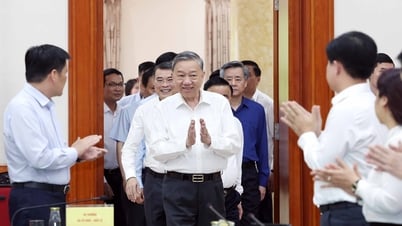

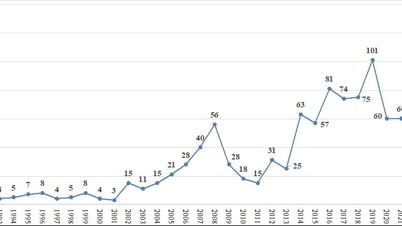


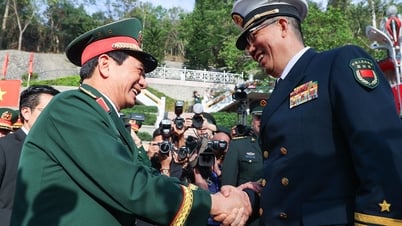
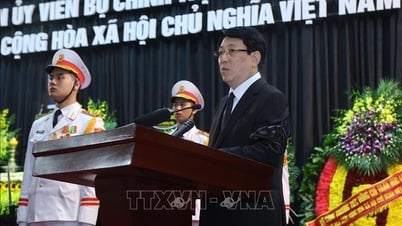






























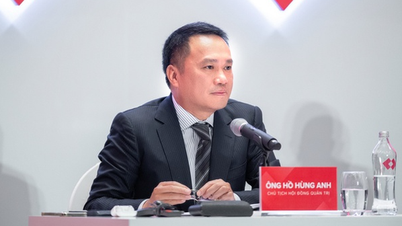





































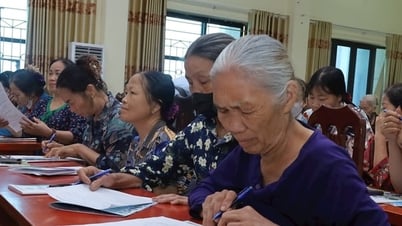













Comment (0)